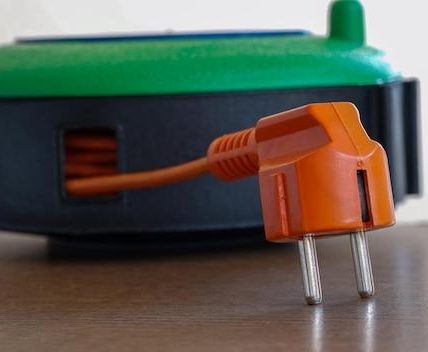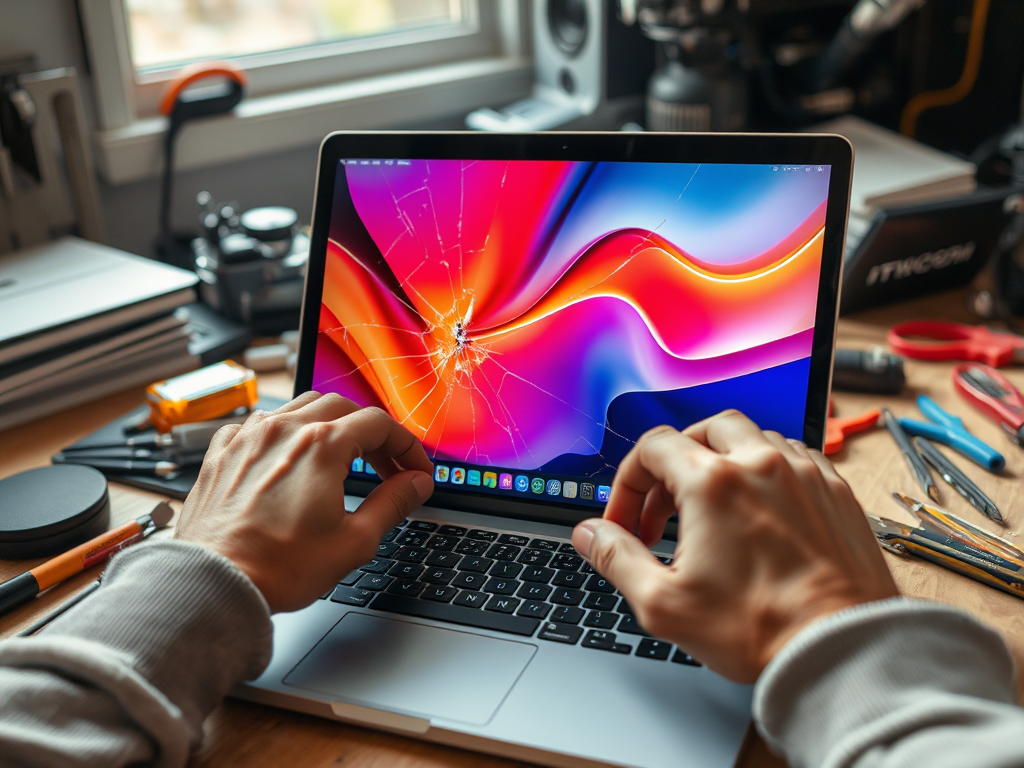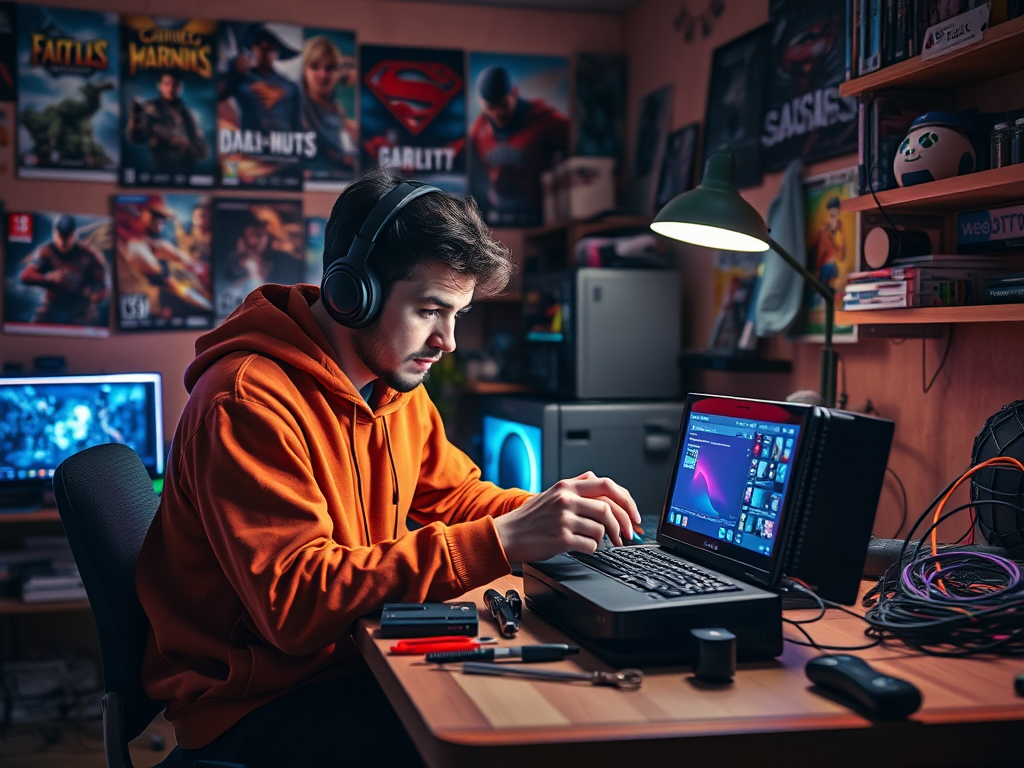As the gaming landscape evolves, the choice between gaming laptops and gaming PCs has become increasingly complex, enticing both casual players and enthusiasts alike. With advancements in electronics, there are more options than ever, each catering to different user needs. If you’re grappling with the dilemma of which type of machine to invest in, the key lies in understanding your priorities—performance, portability, upgradability, and budget all play crucial roles in making an informed decision. In this article, we’ll explore both platforms in-depth, weighing their unique strengths and weaknesses. By the end, you will have the insights necessary to arrive at your choice, tailored specifically to your gaming lifestyle.
Many gamers find themselves torn between the allure of mobility offered by laptops and the powerhouse performance delivered by desktop PCs. Understanding the nuances between these devices not only helps clarify your personal needs but also enhances your overall gaming experience. Whether you’re battling it out on a LAN, crunching through single-player campaigns, or streaming to an audience, the right setup can make all the difference. Dive deeper into their performance, portability, upgradability, and cost in the sections that follow.
Performance Comparison
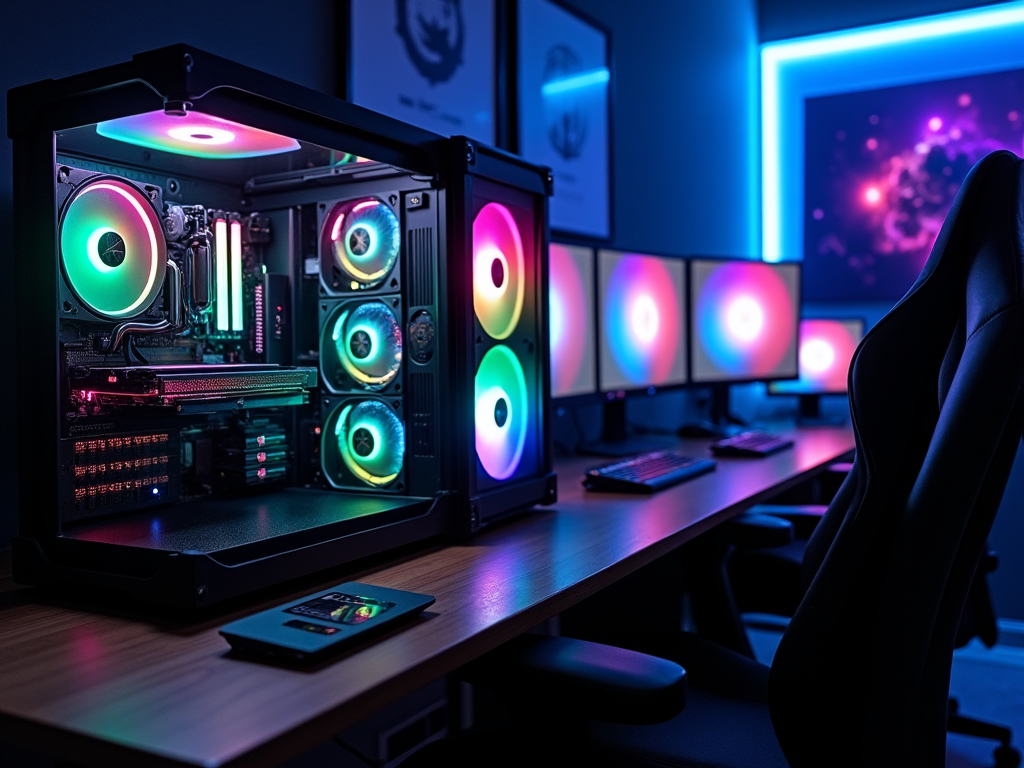
When it comes to gaming performance, the distinction between gaming laptops and gaming PCs becomes strikingly clear. High-end gaming requires powerful hardware, and while laptops have become significantly more capable over the years, desktops still boast an edge in raw power. Laptops utilize mobile versions of GPUs and CPUs, designed to optimize power consumption while maintaining adequate performance. This means that even a high-end gaming laptop may still lag behind a similarly priced gaming PC.
| Feature | Gaming Laptop | Gaming PC |
|---|---|---|
| Performance | Good, but limited by thermal constraints | Excellent, with no thermal limitations |
| Portability | Highly portable | Not portable |
| Upgradability | Limited | Highly upgradable |
| Cost | Generally higher for equivalent performance | More cost-effective |
Portability
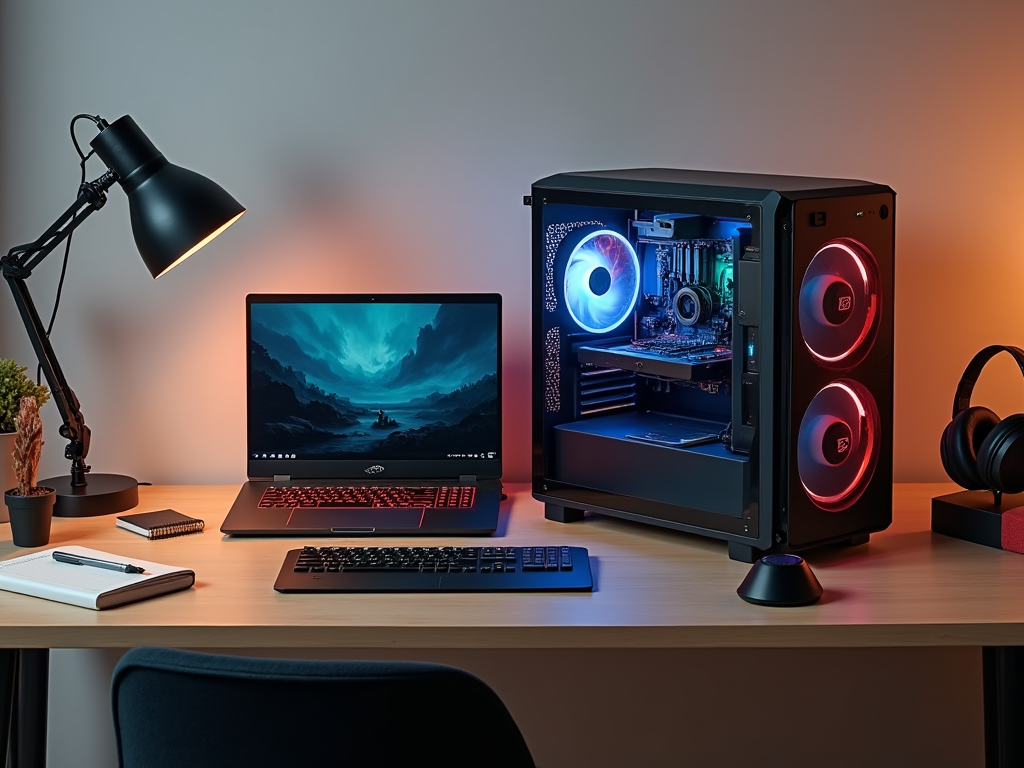
Portability is a significant factor for many gamers, especially those who frequently move between different locations or play in communal spaces. Gaming laptops have a significant advantage in this arena. Lightweight designs and battery-powered capabilities give you the freedom to game whenever, wherever. This makes them the go-to choice for gamers who attend tournaments, LAN parties, or even enjoy casual gaming on the sofa.
Unlike gaming laptops, gaming PCs are designed to stay put. Setups often include multiple monitors, elaborate cooling systems, and other peripherals that create a dedicated gaming station. If you’re someone who enjoys a fixed gaming setup and values performance over portability, then a gaming PC will likely meet your needs better than a laptop. However, this commitment to a fixed environment can be a disadvantage for those who appreciate gaming flexibility.
Upgradability
In the ever-changing world of gaming technology, the option to upgrade your hardware can extend the lifespan of your investment. Gaming laptops typically offer limited upgrade paths. In most cases, you may only be able to upgrade components such as RAM or storage. This limitation can become problematic, especially as games continue to demand more resources.
On the other hand, gaming PCs are designed with upgradability in mind. Their modular components allow you to change out the graphics card, CPU, or motherboard easily. This is a significant advantage for gamers who wish to keep their systems current. Investing in a gaming PC often means you can progressively enhance your experience without the need to buy a completely new setup. Here’s a list of typical upgradeable components in gaming PCs:
- Graphics Card (GPU)
- Processor (CPU)
- Motherboard
- Power Supply Unit (PSU)
- Cooling system
Cost Consideration
When diving into the world of gaming, understanding the cost implications of both options can be crucial in aligning your budget with your desires. Gaming laptops tend to demand higher prices compared to equivalent gaming desktops, owing to the advanced technology required in their construction. The manufacturing process of compact, high-performance laptops often leads to elevated costs, as they tend to pack a lot of innovation into a smaller space.
Conversely, gaming PCs commonly offer superior performance per dollar. With options for incremental upgrades, a well-assembled gaming rig can prove to be a wise investment over time. Exploring various tiers of performance, here’s a list of factors affecting the overall cost of gaming:
- Initial purchase price of the hardware
- Cost of future upgrades and installations
- Potential resale value down the line
- Costs associated with peripherals and accessories
Conclusion
The ultimate decision between a gaming laptop and a gaming PC is deeply personal and influenced by your specific preferences and lifestyle. If your key priorities include flexibility and portability and you’re prepared to make some compromises on performance or future upgrades, a gaming laptop may suit your needs just fine. However, if your focus is on getting the most value for your money, while enjoying peak performance and upgradability, then a gaming PC will likely serve you better in the long run. Evaluating your gaming habits will lead you to the right choice that fits your unique gaming experience.
Frequently Asked Questions
- What is better for gaming, a laptop or a desktop? Generally, desktops provide better performance for the price, but laptops offer mobile convenience.
- Can gaming laptops be upgraded? Limited upgrades are possible, mainly RAM and storage due to the integrated components.
- Are gaming PCs more cost-effective? Yes, they often provide better performance for the same price when compared to gaming laptops.
- Is battery life an issue with gaming laptops? Yes, gaming laptops typically have shorter battery lives under heavy load compared to non-gaming laptops.
- Which option is better for eSports? It depends on the specific games and personal preferences; many professional gamers prefer desktops for their performance and reliability.

